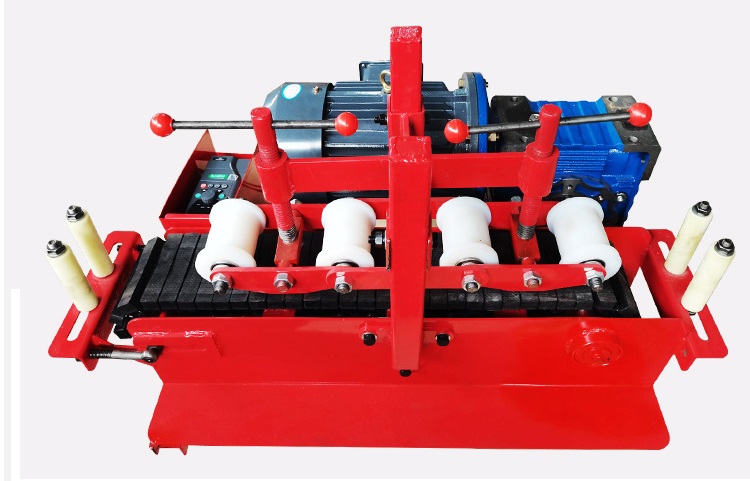Ningbo Reach Electric Power Equipments CO., LTD. is a leading manufacturer&exporter which Specializing in Tools & Equipment for Power Line, Substation, Electrical Construction and Maintenance in China. Our company has rich experiences in this area for more than twenty years.
Our main products contain Line Construction Equipment, Wire Pulling Equipment, Grounding Equipment, Crimping Tools, Lineman Tools, Safety Equipment, Hydraulic Tools, such as stringing blocks/pulley blocks, tensioner&puller, winch/capstan, chain&lever hoist, electric hoist, tackle, anti-twist wire rope, wire grip/come along clamp, mesh sock, cable pulling tool, cable reel stand/jack, cable roller, cable sender, cable cutter&stripper, hydraulic compression devices, crimping tools, live line equipments, safety devices, hydraulic&mechanical&car jacks, forklift&stackers etc.
We offer our customers the ability to competitively outsource their products with the assurance that quality, dependability, and delivery will not only meet but exceed their expectations.
Product Categories
Contact Us
|
Contact: Ms. Lisa Xiang (Director) Email:lisa.haichung@hotmail.com
Whatsapp:+8613968382831 Add:Xiangshan Ningbo, Zhejiang China.
|
|---|
|
|
|






























